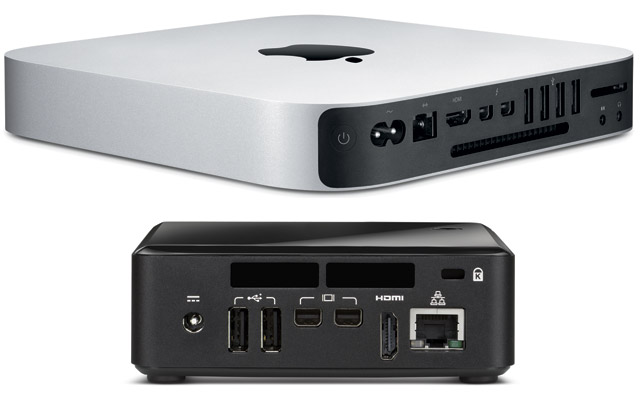 Early e-commerce market entrant in Nigeria, Naspers’s Kalahari.com, came and went, with many suggesting it was inevitable given that the number of online customers was tiny. But Rocket Internet start-up Jumia and Konga, backed by Sweden’s Kinevik and Naspers, are now estimated by those who have seen the figures to have more than 2m customers.
Early e-commerce market entrant in Nigeria, Naspers’s Kalahari.com, came and went, with many suggesting it was inevitable given that the number of online customers was tiny. But Rocket Internet start-up Jumia and Konga, backed by Sweden’s Kinevik and Naspers, are now estimated by those who have seen the figures to have more than 2m customers.
Jumia Nigeria CEO Jérémy Doutté says originally the company wanted to push the Amazon concept into Africa. But it realised early on that things were going to be quite different. The logistics chain was poorly developed, there was little or no financing available, and electronic payments were all but impossible. The company had to rework the model.
“We had to move to cash on delivery,” says Doutté. “But the big gap in the market was the lack of quality retailing at something less than premium prices. For the average shopper, finding something they wanted might involve a long journey, at the end of which there was no guarantee the product they wanted would be in stock.”
Rukky Ladoja runs a Nigerian start-up that offers two fashion brands, Grey and Even Tribe. Even Tribe, a brand aimed at the midmarket, sells more or less completely through Jumia’s online channel. The numbers are not huge, but it has opened up a way for it to reach customers with clothes that reflect Nigerian body shapes and the colours demanded by consumers, leapfrogging the less than perfect retail sector in the process.
Jumia’s customers buy just about anything, but one of the biggest categories on the website are the very items that have fuelled online shopping adoption: mobile phones.
Impressively, Jumia will deliver anywhere in Nigeria, a vast country.
“There are some challenges to reach everywhere but we have 16 logistics hubs and a small warehouse,” explains Doutté. Products are delivered to the northern city of Kano in two or three days.
Sixty percent of Jumia’s orders come from Lagos. It wants to expand the volume of orders coming from elsewhere in Nigeria.
Another challenge facing e-retailers in Nigeria is that few people have access to PCs, so websites have to be tailored for those with smartphones. It’s estimated that only 6% of people in northern Nigeria have access to a desktop or laptop PC.
Jumia is pushing entry-level smartphones with its own application preloaded. It’s working with a Chinese manufacturer in Dubai called Innjoo to provide low-cost devices. “For US$75, you can get a very good phone with a 5-inch screen,” says Doutté. Until recently, orders placed through Jumia were split 50-50 between PCs and mobile phones. The latter have begun to creep up, and are now at 53%.

Overall, Doutté plans to improve the customer experience with better trucks, better tracking and bigger warehouses. It already employs 1 200 staff directly and has a contracted sales staff of 800. It puts 800 motorcycles and trucks on the road.
“Nigerians like to innovate and are really open-minded. E-commerce is an aspirational way of shopping,” he says.
Doutté says there are three key things that investors or start-ups coming in from outside the continent should bear in mind.
Firstly, it’s not cheap to operate in Africa. Everything is expensive in Lagos, from electricity to property rental.
Secondly, the market is competitive. Konga is a strong competitor to Jumia, Doutté says. “Africans are amazing entrepreneurs. You need to be very smart and strong [to survive].”
Lastly, it’s harder to innovate in Africa than it is elsewhere. There is a dearth of quality skills in particular. “They’re not available in large enough quantities for the size of the opportunity available.”
Better that, though, than there being no opportunity.
- Russell Southwood is head of Balancing Act Africa

